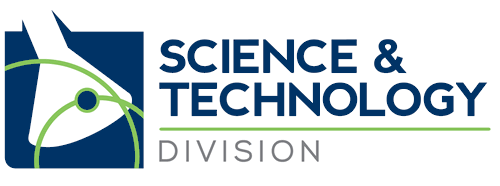 It seems that many scientific and technical translators take a roundabout path in their careers. Is that true for you? Tell us about how you became a translator with your specialization.
It seems that many scientific and technical translators take a roundabout path in their careers. Is that true for you? Tell us about how you became a translator with your specialization. It seems that many scientific and technical translators take a roundabout path in their careers. Is that true for you? Tell us about how you became a translator with your specialization.
It seems that many scientific and technical translators take a roundabout path in their careers. Is that true for you? Tell us about how you became a translator with your specialization.
